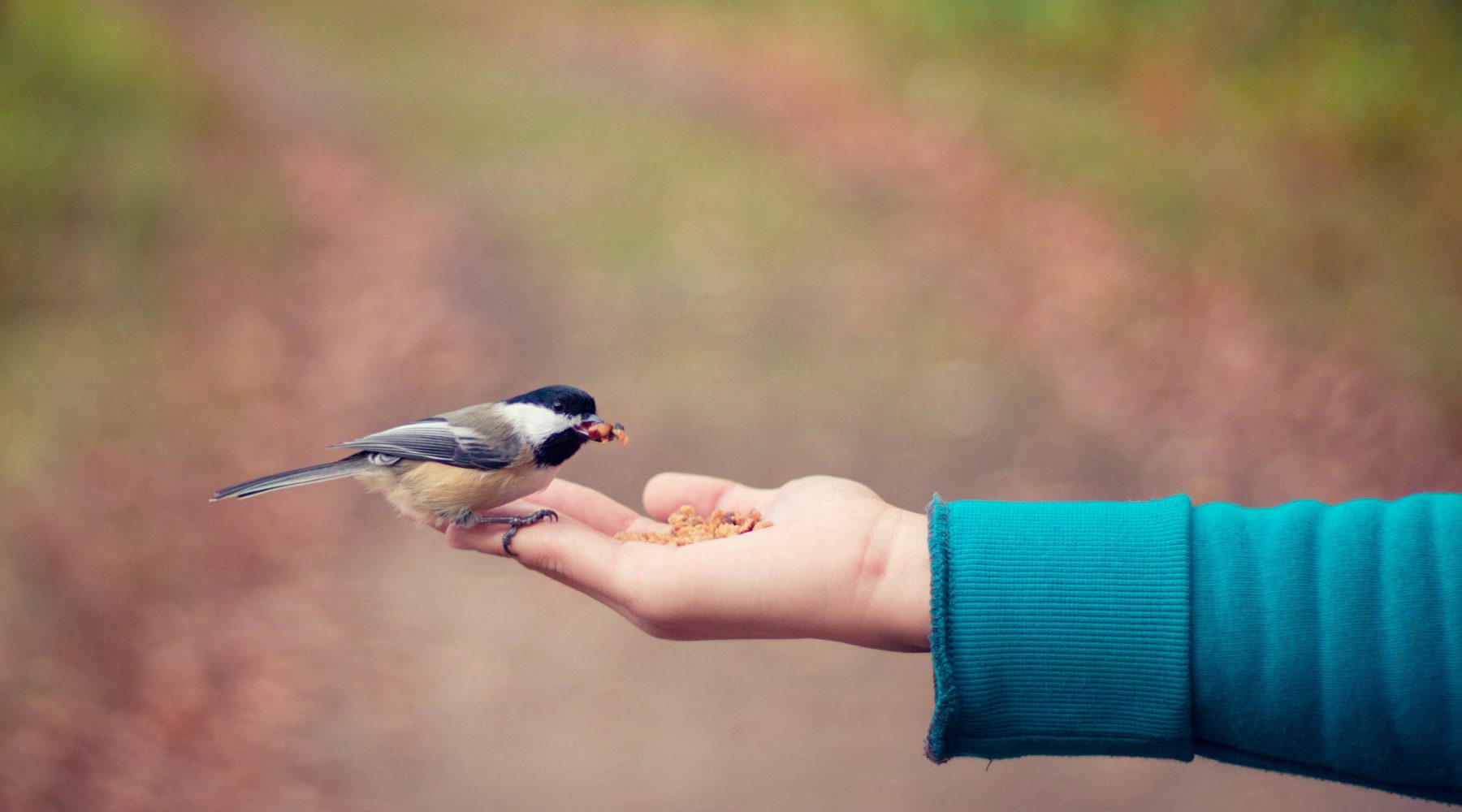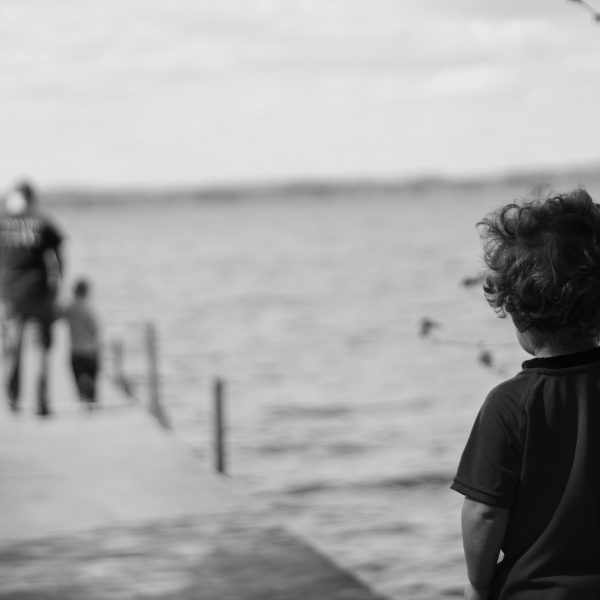Vulnerable children supported through innovative EYEP program

Children who participated in a unique early years learning model have made gains across their IQ, resilience and emotional development factors, an Australian study led by the University of Melbourne has found.
There is also evidence emerging that the program supported their caregivers to have a reduced rate of stress compared to a control group of peers, indicating that there are benefits for early childhood education and care (ECEC) professionals from participating in the program too.
The latest report in the multi-year University of Melbourne study, Changing the Life Trajectories of Australia’s Most Vulnerable Children examines the effectiveness after 24 months of children’s participation in the Early Years Education Program (EYEP.)
The EYEP is a centre-based, early years care and education program led by Kids First, a provider of evidence-based educational, child and family services. The EYEP has been designed to ensure that at-risk and vulnerable children realise their full potential and arrive at school developmentally equal to their peers.
Kids First’s CEO Aileen Ashford described the outcomes from the EYEP as “potentially game changing for early years practice”.
“As a society we know a great deal about the causes and risk factors which undermine wellbeing and normal development for children. Until this study, we’ve known far less about how to support children and families out of negative cycles and offer them not only a protective context, but one that enables them to thrive. It’s extremely encouraging,” said Ms Ashford.
Changing the Life Trajectories of Australia’s Most Vulnerable Children: 24 months in the Early Years Education Program: Assessment of the impact on children and their primary caregivers includes the following key findings:
- Large and statistically significant EYEP impacts are found at 24 months for several outcomes for children: (i) IQ; (ii) protective factors related to resilience; and (iii) social-emotional development.
- The estimated impact on IQ is one-third to one-half of a standard deviation. This compares with average impacts on IQ from early years demonstration programs in the United States of about one-quarter of a standard deviation.
- The estimated impact on within-child protective factors related to resilience is about one-third of a standard deviation.
- The proportion of children enrolled in EYEP who are classified in the clinical range for social-emotional development is lower by 30 percentage points compared with the control group, a substantial impact.
“We believe these findings provide a template for best practice in early years, not only for at-risk and vulnerable children but in all settings,” said Ms Ashford.
Learnings from the EYEP are applied at Kids First’s universal Early Learning Centre and will inform several new centres the organisation is opening in 2020.
Kids First are able to share expertise in designing and delivering early years education based on the EYEP, with Victorian based services able to participate in professional development as part of the Victorian Department of Education School Readiness Funding Menu.
Full copies of the report are available here.
Popular

Practice
Provider
Quality
Research
Workforce
New activity booklet supports everyday conversations to keep children safe
2025-07-10 09:00:16
by Fiona Alston

Quality
Practice
Provider
Workforce
Reclaiming Joy: Why connection, curiosity and care still matter in early childhood education
2025-07-09 10:00:07
by Fiona Alston

Quality
Practice
Provider
Research
Workforce
Honouring the quiet magic of early childhood
2025-07-11 09:15:00
by Fiona Alston












